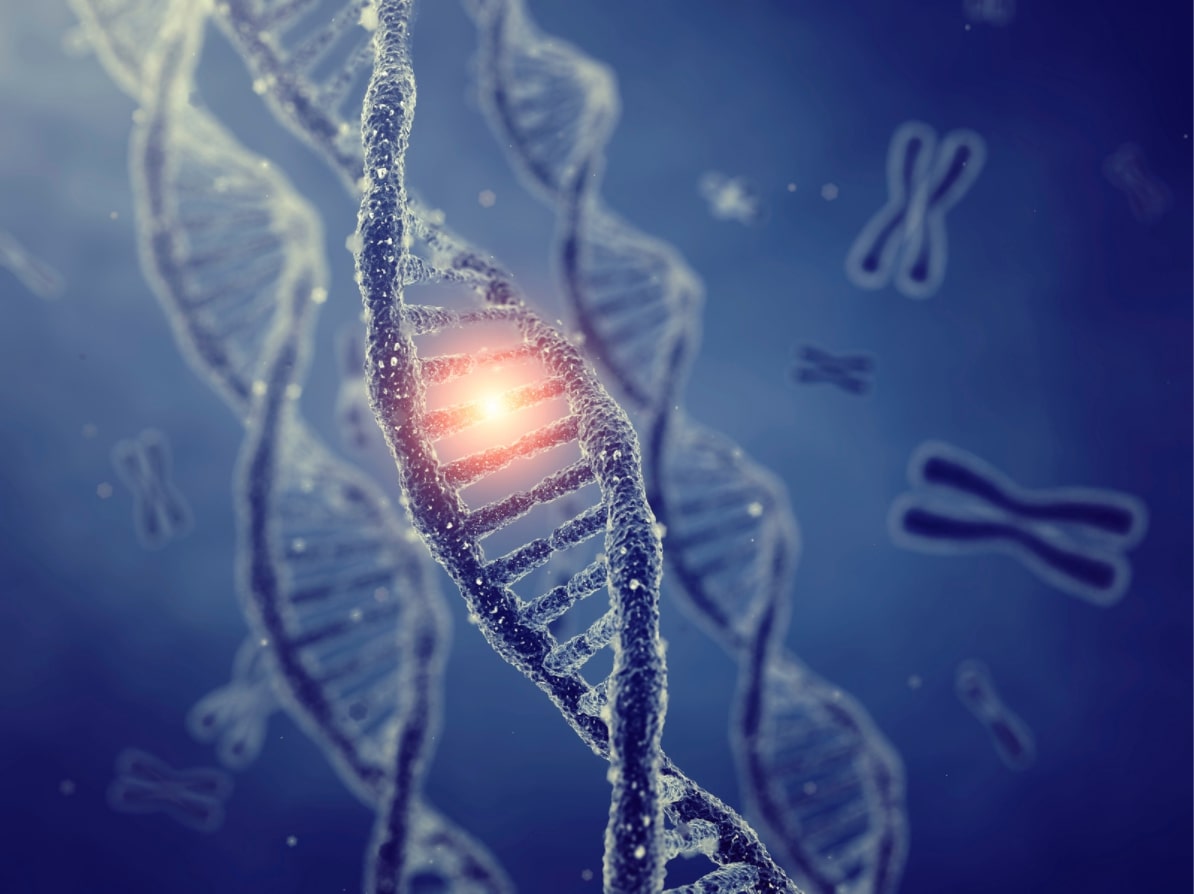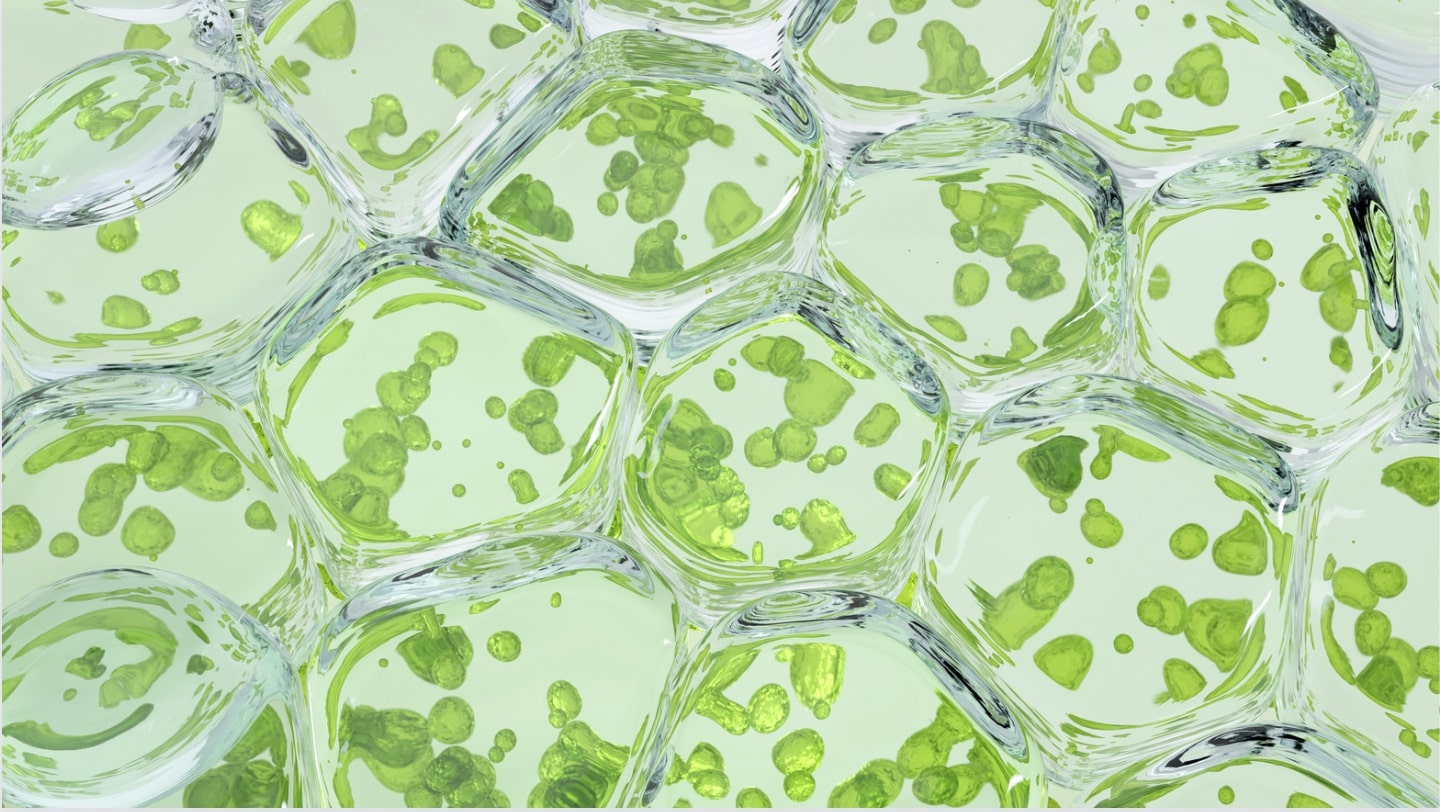In February of 1875, Jeanne Calment came into the world in Arles, France. More than a century later, the daughter of a shipbuilder and miller gained a unique kind of fame most others will never achieve.
According to the Guinness Book of World Record, she became the oldest-verified person to ever live. In 1986, she became the oldest person living in France at 111 years old, and she thrived for another 11 years before passing away at 122 years old in 1997.
Calment’s longevity is an outlier — an exception to the rule that most humans will not even become centenarians. Some scientists now believe that a human already born will live to 150 years old as science and medicine improve over time.
A recent study published in the journal Nature Communications, however, hypothesizes that 150 years might be the absolute limit for human life as the body would lose its ability to recover from diseases, illness and inflammation.
The researchers looked at blood tests collected from three different age groups, and they were able to analyze diseased-fighting white blood cell counts, which helped them determine biological age and the limits of human life.
For anyone hoping to be the first person to live to 150 years old, here is the good news: you have a chance, but your longevity is to a certain extent beyond your control.
There is a degree of luck — good or bad — in what someone contracts, recovers from or has happened to them — while a baby born today can benefit from eight decades of medical advancements over their lifetime.
What those medical advancements produce is unknowable now, but LiveScience summarized the researchers’ conclusions on longevity, saying, “The researchers argue that if there were a way to increase resiliency in old age, it would not only increase the human lifespan, but also our health spans, since older people would be able to recover more easily from illness and injury. To increase resiliency, Kahn could see efforts to create mechanical organs or to come up with ways to reprogram aging cells.”
Above all, you need good genes. The person who lives a healthy lifestyle yet dies at 72 years old might have simply been unlucky or had bad genes. Scientists have learned that good genes can make living to 100 a near assumption for some people.
Call it a coincidence or miraculous, but people tend to choose a partner with similar lifespan characteristics or genes. Such coincidence was the topic of a 2018 article, where Megan Molteni writes, “It turns out that through every generation, people are much more likely to select mates with similar life spans than random chance would predict.” Molteni also posits in that article that genes have less to do with longevity than most scientists suggest, a point of view contrary to most studies.
The longevity of two partners is partly based on their circumstances: access to healthcare and education. Living with someone of like circumstances is likely to homogenize your lifespan to a certain extent. Still, research shows that people are choosing partners with a similar lifespan that is not simply a result of similar living situations.
Genetics will play a primary role for anyone looking to lengthen their life, but there are also five actionable steps anyone can take that might increase our chances of becoming the first person in the world to live to be 150, if you have a little luck along the way.
- Eat a diet high in vegetables and fruits, whole grains, seeds and olive oil. Avoid too much red meat.
- A good friend goes a long way. Keep your social circle and relationships strong.
- Exercise daily
- Eat nuts, don’t act nuts. Nuts are high in proteins, good fats, antioxidants and one study found that eating nuts three times per week reduced the chance of premature death by 39 percent.
Living to 150 years old may not yet be a reality, but as technology evolves and we improve our own understanding of how our bodies work, it may offer an astonishing reflection on human life, the benefits of old age and its consequences.




